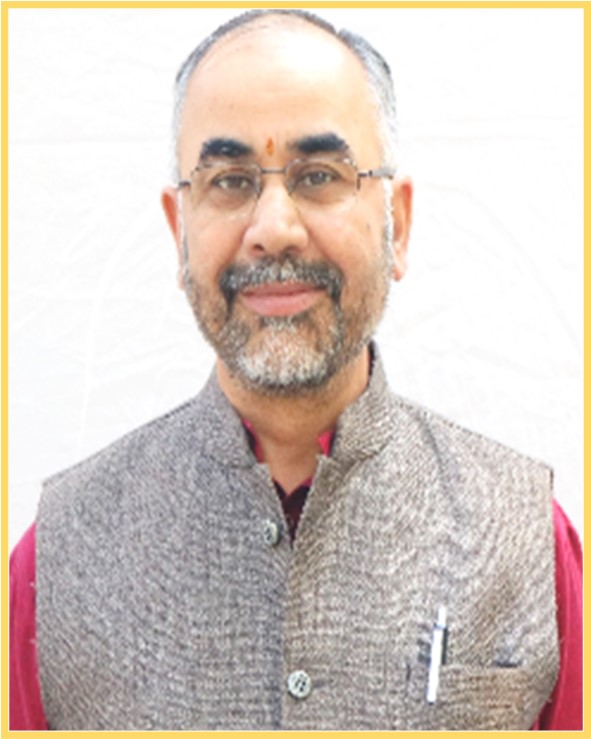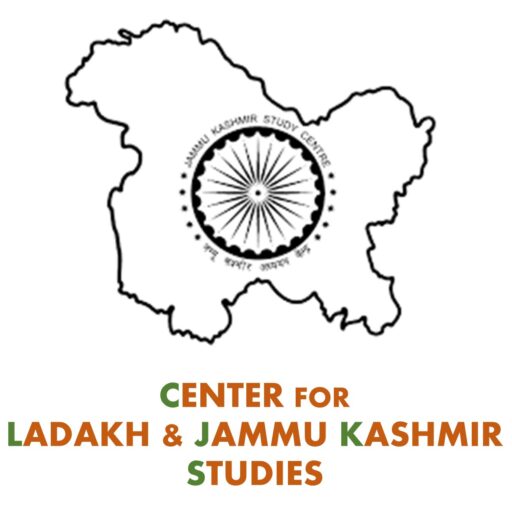दिन दूर नहीं खंडित भारत को फिर से अखंड बनायेंगें
गिलगित से गारो पर्वत तक आज़ादी पर्व मनायेंगें
उस स्वर्ण दिवस के लिए आज से कमर कसें बलिदान करें
जो पाया उस में खो ना जायेंग, खोया उस का ध्यान करें
… परम पूज्य (स्वर्गीय) अटल बिहारी वाजपयी

The pro and cons of amendment to Article 370
Dr. A.K. Raina
Vice-President
The order
THE CONSTITUTION (APPLICATION TO JAMMU AND KASHMIR) ORDER, 2019 C.O. 272 on date 5th August 2019 , in exercise of the powers conferred by Clause (1) of article 370 of the Constitution of India & with the concurrence of the Government of State of J&K, THE CONSTITUTION (APPLICATION TO JAMMU AND KASHMIR) ORDER, 1954 C.O 48 of 14th May 1954 has been superseded there by also undoing any constitutional shelter / cover / patronage that Art 35A has so far been / is providing to the irrational / inhuman/ fundamental rights violating constitutional provisions made by J&K legislature as well as the administrative orders in force in J&K against their review by the courts.
The Events & Execution
Sufficient time was given by Indian Govt. to the local governments in J&K to cap the terror. However, all the efforts led to further alienation of the erstwhile state.
In order to act in a cohesive and decisive manner the Govt. had put in place a well thought mechanism that ensured that no incidents of violence occur in the J&K. Rumour mongering was put to complete halt that ensured the smooth passage of amendments.
What has been done?
The President of India signed an order (Constitutional Order 272) on the 5th August 2019 allowing unrestricted application of the full Indian Constitution to be extended to the State, superseding the previous Presidential order that had established the incumbent structure of the State in 1954. Following that historic decision, the Indian Parliament debated on a Treasury Bill to reorganize the State into two Union Territories – Ladakh and Jammu-Kashmir. The former will not have an Assembly but two Hill Councils, whereas the later will have an elected Assembly with assembly Governor as its administrative head.
The fallout – Rectification of mistakes sans blunders
- The amendments will result in complete integration of J&K into Indian state.
- Medical colleges will contribute to national pool to address the deficiency of medical staff.
- All progressive laws that Indian parliament passes will be directly applicable to the state. The state till date had not implemented laws like right to education and other bills passed by the Indian parliament. They will be eligible for full voting rights under Indian constitution which was denied till date.
- Around 20000 families of the post partition refugee from Pakistan living in J&K will get citizenship and rights like other Indians in the state and possess the rights of lands they have been cultivating over 70 years. Justice has been delivered to them. They will enjoy right to education and admission in professional colleges and institutes.
- Around 600 Dalit Valmiki families who were brought from Punjab and are currently living in Jammu will have full rights. They will be able to participate in state as well as national election with full voting rights.
- Reservation to SC, ST and OBC will be extended to people living in the state.
- Increase in reserved seats for SC in J&K assembly from 7 to 9 since total seats have been increased from 76 to 87 in 1987.
- Soldiers decorated with PVC can share lands and resources of J&K with locals.
- The rights of the Kashmiri Pandits, the original inhabitants of Kashmir valley, who were hounded out by Islamists during 1989-1990 will be able to move back to valley without any riders. Conducive atmosphere for return of Kashmiri Pandits to their ancestral places.
- End to controversies over 73rd Constitution ?? to COI as regards Panchayti Raj institutions.
- Appointment of delimitation commission otherwise deferred beyond 2031 denying timely re-fixation of representative
- The state will usher into an era of prosperity with direct control of central government.
- The ultras will now be on run as the free hand and the industry of terror established by few select people has completely been dismantled by the amendments to the Indian Constitution.
- People from any part of India will have equal rights in J&K as people from J&K observe in rest of India.
- Establishment of industries and
- Benefit to employees
- Ego based system will transform into a logic-based system
- The women in J&K will have equal rights now. Even girls who marry outside will be able to get their due in the property and other areas.
- Ladakh, one of the most difficult regions of the world, ignored by erstwhile governments of Jammu and Kashmir will get it national share of rights – the Buddhists majority UT will have full control in defining their future and ensuring development of the region.
- The hegemony of few families over the state and the terror industry comes to an end.
- Kishtwar, Doda and Bhaderwah areas will receive better attention. There are unexplored and beautiful areas which can become tourist hubs.
Near future
The lobby that has been relieved of the hegemony over the Jammu and Kashmir will consistently work on to:
- Keep the issue alive by propaganda about the special status (that never was) to J&K.
- Foster forces that act on their defined lines of coercion.
- Instigate terrorists to intensify the strikes – there is a possibility that things may activate throughout the country through their soft corners.
- Litigate and present contorted material to their gain
- Internationalise the development for gaining further ground.
our duties
- Remember Pakistan has not changed its policies.
- A battery of nationalist media/social media hawks to be trained to keep a watch on the separatist media, their designs and to counter them.
- In no less terms define the rules of media sharing on twitter, Facebook and WhatsApp and similar applications. It is better to make them behave in tune with our nationalist ethos.
- Public should refrain from circulating any unauthentic information on social media domains.
- Engage common people of J&K to redefine the discourse that has been in vogue. Bring them into confidence to bring them to national mainstream.
- Initiate dialogue at micro level in the valley to gain confidence. Social and business forums can start working on such lines to establish links and define their course of action in future.
- General public in India needs to be vigilant to thwart any anti-national designs of separatists.
- Establish a protocol to setup start-ups and industries specific to the region.
The amendments to Article 370 and abrogation of Article 35A were necessitated by the developments that had taken its toll on several fronts deep since fifties. The culmination of the events led to the ethnic cleansing of the original inhabitants of the Kashmir valley during 1990 and denial of rights to people of J&K enacted by progressive laws introduced by Indian Parliament as listed above. In nutshell, the developments will push the two union territories of J&K and Ladakh on a progressive path of advancement that is fast happening in rest of India.
The rights of people throughout the country including the newly created divisions of the erstwhile J&K will be observed on a similar plane along with a uniform system of justice. The governance in the both union territories will ensure growth and prosperity. This will not only restore the faith of local populace in the Indian system but will send a strong message to the separatists and such tendencies within J&K and other parts of the country.
A.K. Raina
